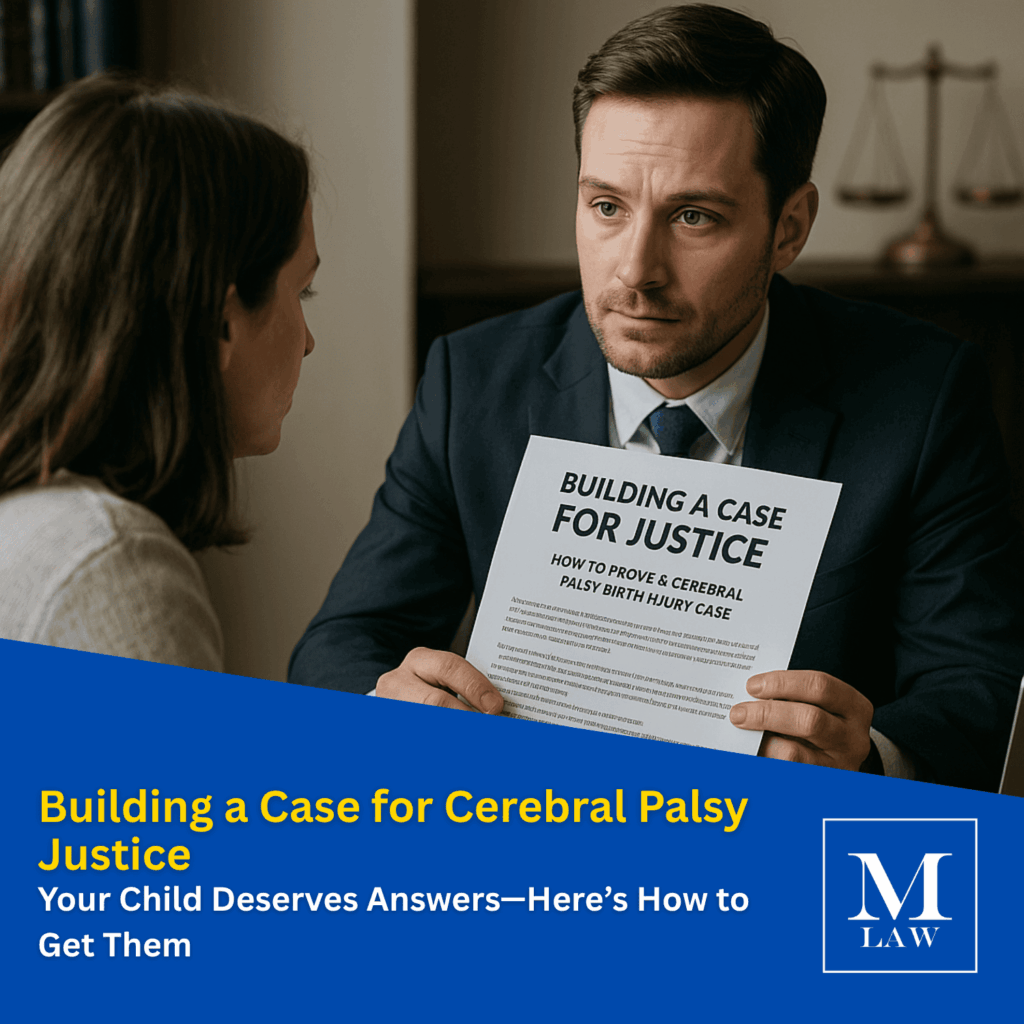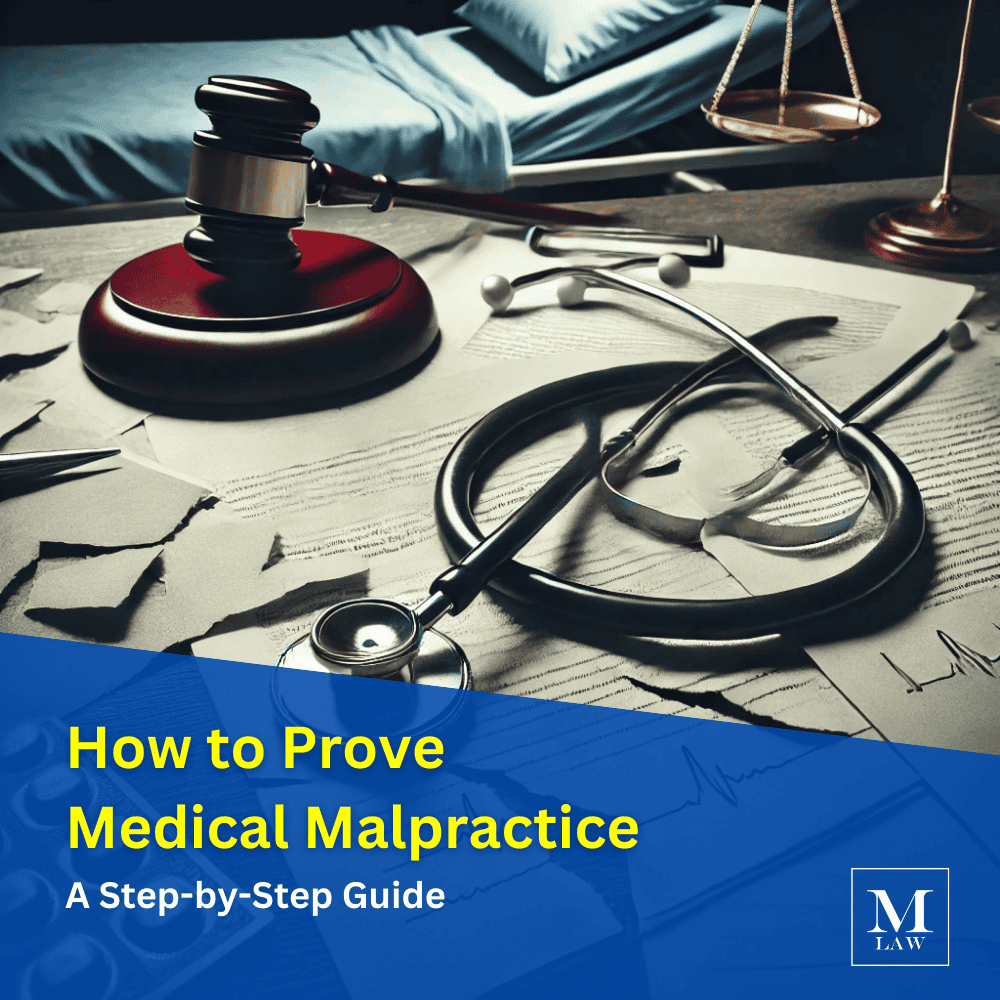Delayed diagnosis occurs when there is a delay in diagnosing a medical condition, which can result in harm or injury to the patient. A delayed diagnosis can be caused by a variety of factors, such as:
- Failure to recognize symptoms: A healthcare provider may fail to recognize the signs and symptoms of a medical condition, leading to a delayed diagnosis.
- Misdiagnosis: A healthcare provider may incorrectly diagnose a patient with a different medical condition, delaying the correct diagnosis and treatment.
- Delayed testing: A healthcare provider may delay ordering tests or follow-up appointments, leading to a delay in diagnosis.
- Communication breakdown: A healthcare provider may fail to communicate effectively with the patient or other healthcare providers, leading to a delay in diagnosis.
- System failures: A healthcare system may have delays in processing test results or appointments, leading to a delay in diagnosis.
The impact of a delayed diagnosis can vary depending on the condition and the length of the delay. In some cases, a delayed diagnosis may lead to a more advanced stage of the disease, making treatment more difficult or reducing the chances of a successful outcome. In other cases, a delayed diagnosis may lead to unnecessary medical procedures or treatments.
A delayed diagnosis is considered medical negligence when a doctor or healthcare provider fails to diagnose or properly treat a patient’s medical condition in a timely manner, resulting in harm or injury to the patient. In other words, the healthcare provider’s actions or lack thereof were below the standard of care that a reasonable healthcare provider would provide under similar circumstances.
To determine if a delayed diagnosis constitutes medical negligence, the court typically considers the following factors:
- Duty of care: The healthcare provider had a duty to diagnose and treat the patient’s medical condition.
- Breach of duty: The healthcare provider breached the duty of care by failing to diagnose or misdiagnosing the patient’s condition.
- Causation: The healthcare provider’s breach of duty caused the patient’s harm or injury.
- Damages: The patient suffered damages as a result of the healthcare provider’s breach of duty.
If all of the above factors can be proven, the healthcare provider may be held liable for medical negligence. It’s important to note that not every delayed diagnosis is considered medical negligence, as there are certain medical conditions that are difficult to diagnose or may have similar symptoms to other conditions. However, if a healthcare provider fails to take appropriate steps to investigate a patient’s symptoms or does not follow up on test results, and this results in harm or injury to the patient, they may be considered to have committed medical negligence.

Examples of delayed diagnosis include:
- Cancer: A patient experiences symptoms such as weight loss, fatigue, and pain but is not referred for diagnostic tests or receives a misdiagnosis. After several months, the patient is finally diagnosed with cancer, which has progressed to a more advanced stage.
- Heart attack: A patient experiences chest pain and shortness of breath but is not immediately evaluated for a heart attack. The patient is discharged with a misdiagnosis or no diagnosis, only to suffer a heart attack days later.
- Stroke: A patient experiences symptoms such as weakness, difficulty speaking, and confusion but is not immediately evaluated for a stroke. The patient is discharged with a misdiagnosis or no diagnosis, only to suffer a stroke days later.
- Infections: A patient experiences symptoms such as fever, chills, and pain but is not properly diagnosed with an infection until weeks later when the condition has progressed.
- Diabetes: A patient experiences symptoms such as excessive thirst, frequent urination, and fatigue but is not diagnosed with diabetes until after several months or even years, leading to complications such as diabetic neuropathy, retinopathy, or kidney disease.
These are just a few examples of delayed diagnosis, but there are many other conditions where a delay in diagnosis can have serious consequences for the patient’s health and well-being.
Get in Touch with our Team
The medical malpractice attorneys at Merson Law are dedicated to representing victims of medical malpractice and helping them to seek compensation for their injuries.
If you believe that you or a loved one has been the victim of medical malpractice in New York, Merson Law PLLC may be able to help. Contact us today for an initial consultation to discuss your case and learn more about your legal options.








